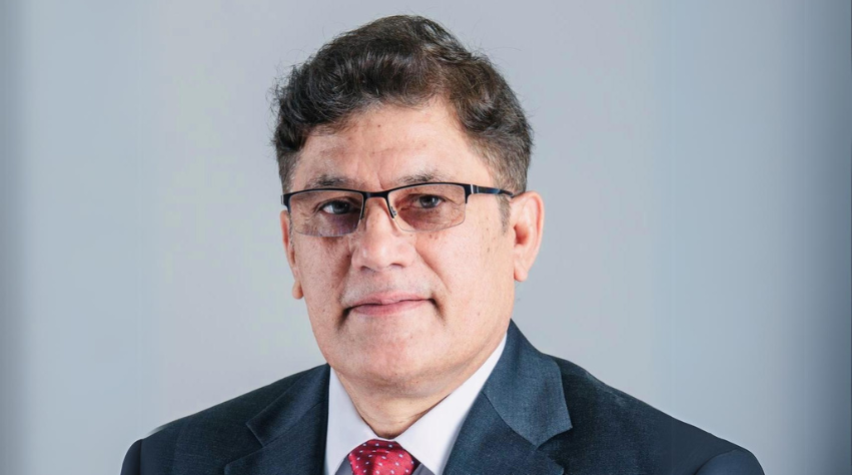
ChEnected is introducing readers to the recipients of AIChE’s 2024 Institute and Board of Directors’ Awards. These high honorees are nominated by the chemical engineering community and voted upon by the members of AIChE’s Awards Committee.
AIChE’s Energy and Sustainability Award is given to individuals or teams from industry who have accomplished significant energy savings, improved the sustainability of chemical processes, or developed innovative technologies for energy generation or delivery. The award is sponsored by Air Products.
The recipient of the 2024 Energy and Sustainability Award is Dr. Aqil Jamal, Chief Technologist in the Carbon Management Research Division of Saudi Aramco’s Research and Development Center. He is being cited “for his contributions to industrial-academia partnership and technical research in the field of carbon capture and conversion to sustainable fuels and chemicals.”
Dr. Jamal will join the other Institute and Board of Directors’ Award honorees at the 2024 AIChE Annual Meeting, October 27–31 in San Diego, California.
Sustained investment in research and technology is key to achieving an orderly energy transition toward a lower carbon emissions future.
Meet Aqil Jamal
Aqil Jamal leads the Carbon Management Research Division of Aramco’s Research and Development Center in Dhahran, Saudi Arabia, where he directs research in hydrogen, carbon capture and utilization, and renewables. Over a 30+ year career in sustainability-related research, he has played key roles in developing sustainability technologies, including direct-air carbon capture, CO2 curing of cement, palladium-alloy membrane-based reformer for low-carbon hydrogen production, and ammonia back-cracking. He has also developed low-cost renewable energy storage technologies particularly suited to Middle Eastern climate conditions and their integration with chemical processes.
Reflecting on the world’s future energy needs, Dr. Jamal says that renewable electricity from solar and wind is expected to become more widespread and cost-competitive. “Future chemical engineering research should, therefore, put more focus on developing innovative solutions to cost-effectively utilize this cheap electricity with zero carbon footprint to develop the next generation of chemical reactors and processes for the production of synthetic fuels and chemicals,” he adds.
Jamal says that “sustained investment in research and technology is key to achieving an orderly energy transition towards a lower carbon emissions future.” He also notes that “the magnitude of the climate challenge presents an enormous opportunity for this and the next generation of engineers and scientists to develop more innovative, pragmatic, and holistic approaches to decarbonization, while keeping in mind the so-called ‘energy trilemma’ of affordability, energy security, and environmental sustainability.”
Looking toward the future, he adds that, with artificial intelligence (AI) and machine learning approaches becoming widely used to monitor greenhouse gas emissions and speed up material or catalyst discovery for a range of sustainability technologies, “digital- and AI-trained chemical engineers will be needed in order to apply these advanced technologies to future sustainable chemical processes.”
Dr. Jamal holds 55 U.S. patents and has authored or co-authored more than 60 research papers in peer-reviewed journals. He has also been an invited speaker at dozens of international conferences. He earned his PhD in chemical engineering from the University of British Columbia.
This fall, ChEnected is presenting profiles of all the 2024 Institute and Board of Directors’ Award recipients. Visit ChEnected regularly to meet the honorees.



